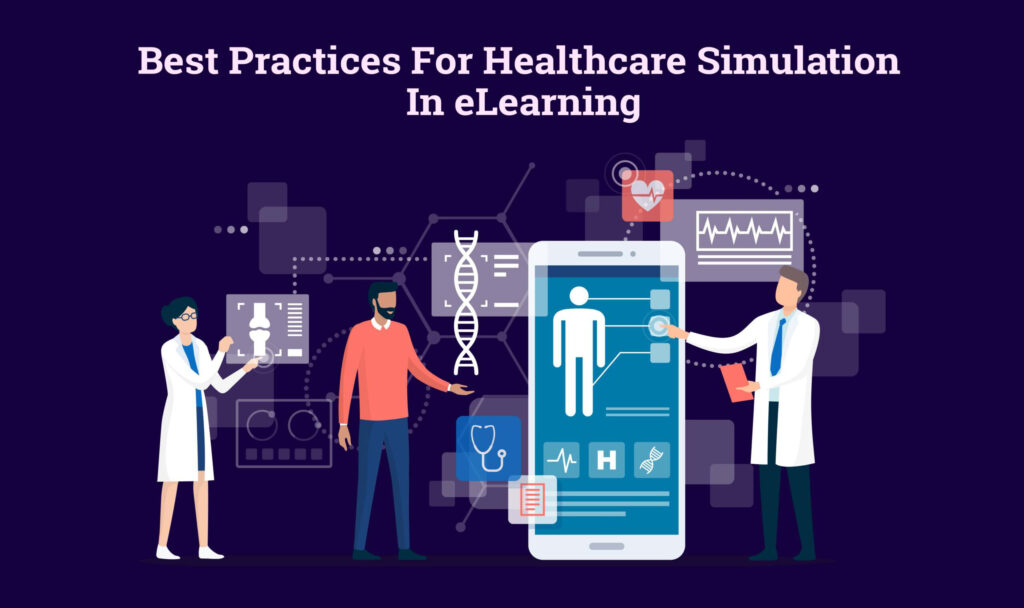Key Highlights
- Healthcare relies on digital systems, so effective training is essential.
- Poor training leads to errors, data risks, and reduced care quality
- Staff struggle with limited time, complex tools, and security concerns.
- Simulations provide safe, hands-on practice without real patient data.
Introduction
Technology plays a huge role in modern healthcare. Hospitals and clinics now depend on systems like Electronic Health Records (EHRs), Electronic Medical Records (EMRs), and patient management tools for their daily work. But as these tools get more advanced, they also become more complex and that means staff need proper training to use them effectively.
Without the right system of training, mistakes can happen, data can be lost, and patient care can be affected. That’s why system training in healthcare is so important. It helps doctors, nurses, and staff use digital systems with confidence and accuracy.
Assima Train offers a smarter way to train healthcare teams. It’s a simulation-based training platform that lets users practice in a safe, realistic environment — without using live patient data or disrupting hospital operations.

The Growing Complexity of Healthcare Technology
As hospitals adopt more digital tools, the need for structured, hands–on training becomes
even more critical. Modern systems evolve fast, and without continuous learning, staff can
struggle to keep up.
1. Why Effective System Training Matters in Healthcare
When healthcare staff are well trained, everything runs smoother. They can record data correctly, access patient information quickly, and make better decisions.
Poor training, on the other hand, can lead to system errors that delay treatments or cause compliance issues. Training ensures everyone, from nurses to administrators and understands how to use healthcare technology safely and efficiently.
Good system training also builds confidence. Staff who feel comfortable with technology are more productive and make fewer mistakes.
2. Key Challenges in Healthcare System Training
Training in healthcare isn’t easy. Here are some common challenges hospitals face:
- Time limits: Staff work long shifts and have little time for traditional classroom sessions.
- Complex systems: EHR and EMR software can be confusing and hard to navigate.
- Change resistance: Many staff members are used to older systems and hesitant to switch.
- Data security: Using real patient data for training can lead to privacy risks.
These challenges often make it difficult for teams to learn new systems properly. That’s why a better, more flexible approach is needed.
3. Simulation-Based Training: A Smarter Approach
Simulation-based training gives healthcare professionals a hands-on way to learn. It looks and feels just like the real system, but it’s completely safe, no real data, no risk.
With simulation, staff can practice entering patient records, updating charts, or managing lab results just as they would in a live environment. This builds both skill and confidence.
Assima Train makes this possible by creating realistic digital replicas of hospital systems. Learners can make mistakes, explore features, and learn by doing all without affecting real operations.
4. How Assima Train Solves Healthcare Training Challenges
Assima Train helps healthcare organizations train smarter and faster. Here’s how:
- Interactive learning: Users learn by doing things, not by watching slides or videos.
- Multilingual support: Perfect for hospitals with global or regional teams.
- Scalability: Train hundreds or thousands of staff at the same time.
- Data safety: Training happens in a secure, simulated environment.
- Always updated: Training content automatically changes when the real system is updated.
With Assima, hospitals can reduce onboarding time, improve accuracy, and ensure everyone is confident using the system from day one.
5. Best Practices for Healthcare System Training

To make system training more effective, hospitals should:
- Involve department heads to make training relevant to daily tasks.
- Offer short, focused learning sessions that fit into busy schedules.
- Track training progress and measure results.
- Combine simulation-based training with quick on-the-job support.
Following these best practices keeps learning flexible and continuous.
6. The ROI of Better System Training
Better training pays off. Hospitals that invest in smart, simulation-based learning see faster adoption, fewer mistakes, and smoother operations.
When staff are confident using new technology, they need less support and make fewer errors. This saves time, money, and improves patient satisfaction -delivering a strong return on investment.
Conclusion
Healthcare is becoming more digital every day. To keep up, staff need effective, safe, and engaging training. Simulation-based system training helps them learn faster and perform better – without risking patient data.
Assima Train gives hospitals the tools to modernize their training, reduce costs, and boost confidence across teams. It’s a smarter, safer way to prepare healthcare professionals for the digital future.
Discover how assima’s digital adoption platform empowers employees to learn faster, and perform with confidence
Frequently Asked Questions
Let’s Answer Some of Your Questions.
It’s training that helps hospital staff learn to use digital tools like EHRs and patient management systems effectively.
It ensures data accuracy, compliance, and smooth operations—leading to better patient care.
Time limits, complex systems, change resistance, and data security are the biggest challenges.
It uses real-system simulations to help staff learn safely and effectively.
It builds confidence and helps users adapt faster, leading to quicker and smoother adoption.